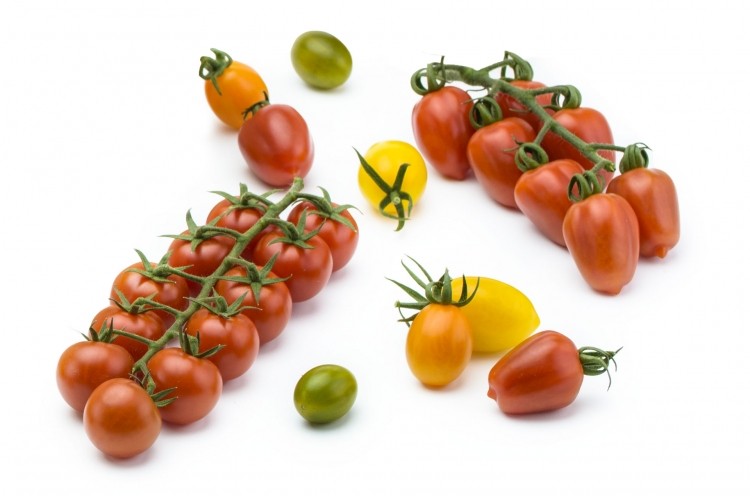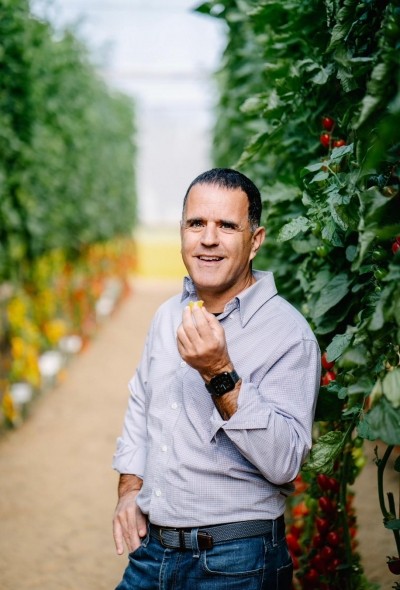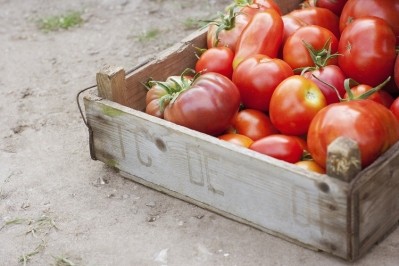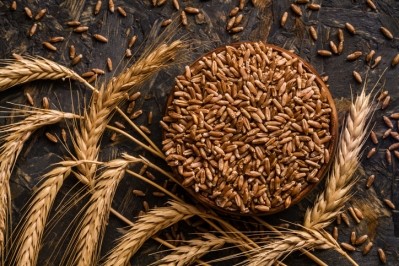‘We want to sell vegetables that people love to eat, and farmers like to grow’: Seed grower Harmoniz on the importance of innovation during every stage of the supply chain

Researchers are currently accelerating gene discovery for crop breeding in the pursuit of a more resilient food system. Israeli global greenhouse seeds developer Harmoniz, however, is combining traditional breeding methods with advanced molecular marking technologies to breed tomatoes faster and more efficiently and that – most importantly – are a pleasure to eat.
The company is the result of the completed merger of seed breeder TomatoTech, a seed breeding company, and Nirit Seeds, which develops hybrid vegetable seeds.
The rebranded company is looking to leverage the companies’ molecular biology and breeding technologies to create tomatoes that people love to consume, and farmers like to grow, explained Harmoniz CEO Ofer Ben Zvi. The company is focused on creating innovative, great-tasting, and virus-resistant tomatoes, he told FoodNavigator, using the latest ag-tech innovation. “Tomato variety development has evolved over the years,” explained Zvi. “Breeders around the world tend to see their goal as improving the profitability of growers. As a result, breeding efforts focus on boosting yields, fostering resistance to pathogens, and improving adaptation to different growing conditions.”
Harmoniz, however, believes breeders should concern themselves with the profitability of every stage in the tomato supply chain, he said. “They should work to enhance such product qualities as flavour, nutritional value, freshness, and attractiveness. They should also tackle the problem of transporting tomatoes from farm to consumer.” Yet few players in the market today see such issues as a priority, he complained. “There are challenges to solve beyond yield, pathogen resistance and maturity. Shelf life, for example. We are working hard to tackle all these agronomical breeding challenges without ignoring the post-harvest ones.”
Harmoniz's breeding team creates its new varieties using classical breeding technologies and does not rely on any GMO, gene editing or CRISPR processes. Instead, it uses DNA markers for specific traits and fingerprint markers for line selections, resulting in a ‘faster, more accurate breeding process and a shorter time to market’.
“Traditional breeding programmes rely on a process of population creation and repetitive selection carried out year after year,” continued Zvi. “Once the product's profile is defined, the breeding programme is planned accordingly. By combining traditional breeding methods with advanced molecular marking technologies, we can make this process faster and more efficient.
“As part of our efforts, we are developing tools and techniques to improve tomato freshness and flavour. First, we use taste panels to identify a good product. We try to zero in on what makes a great tomato in, say, the German or Dutch market. We might conclude that such-and-such is a 'wow' flavour. We then go back to the breeding process, determining via DNA markers and other techniques how the flavour is related to specific genes – and that is the layer we add.”
The approach further aims to solve a problem sometimes overlooked by those scientists intent on accelerating precision breeding technologies. “People don’t eat enough vegetables,” declared Zvi, who hopes the company’s solutions will see a significant increase in fresh produce consumption especially in Northern Europe and North America. “We are striving to improve the eating experience of our product. We want people to enjoy eating tomatoes, in the belief that a better eating experience will serve the entire industry. It will improve people’s diets and bring benefits for all. On the other hand, if we offer an ugly product with no taste, the consumer will pick something else.
"Most people prefer taste over health benefits. We want to bring back a world where people enjoy vegetables. We want to develop produce that farmers love to grow, and people love to eat. We must address both ends; one is not enough. If we focus on the consumer alone, the grower can’t afford it. If we focus on the grower alone, often the product looks or feels unappealing. We are thus concerned with both ends of the chain. The development of a single ‘wow’ flavour makes the whole ecosystem sustainable.”
Expanding into pepper and cucumber seed development
The company is currently building relationships with big retailers in Europe and is also looking to expand its expertise into pepper and cucumber seed development.
“At the end of the day, we are producing food, and food has to taste good,” the CEO stressed. “We want people to come back to us for food that is convenient, healthy, delicious, and appealing. Any vegetable product should be a product that people enjoy. Our teams are working intensively on improved pepper and cucumber varieties that as mentioned will be easy to grow and a pleasure to eat.
“We produce food, not in a factory but in nature. We believe that food should be tasty, appealing for consumers and profitable for the whole value chain. This is important for growers, retailers, and consumers alike. We aim to benefit all stakeholders while delivering delicious food. Food should be tempting and flavourful enough that we buy it again."















